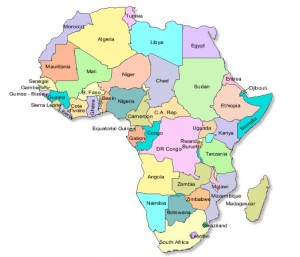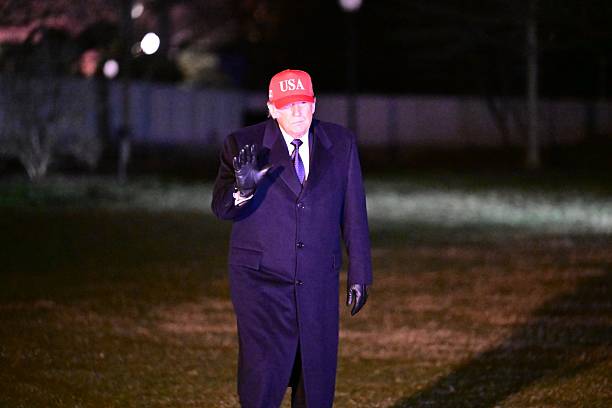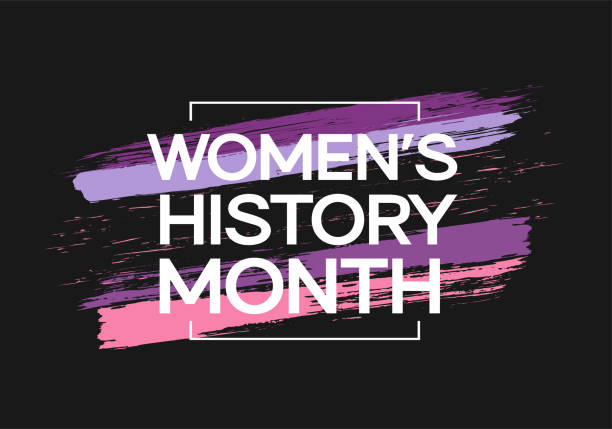(ThyBlackMan.com) No one knows for sure. But a few things seem clear. This is how it began. By 1400, the Christians of Europe had been fighting the forces of Islam for centuries, in a series of wars called Crusades.
The Prophet Muhammad lived in the Arabian Peninsula in the 7th century AD. Towards the end of his life, and long after his death, his followers, with their swords, spread the religion he founded, Islam, deep  into Africa, Asia, Eastern Europe and Western Europe as far as southern France.
into Africa, Asia, Eastern Europe and Western Europe as far as southern France.
For centuries, Muslim armies kept Europe cut off from the rest of the world. Beginning in the 14th century, however, Portuguese ships probed relentlessly southward along the African coast. They traded for gold, and painstakingly, over the course of many generations, gradually discerned the shape of the continent. Armed with this knowledge, they were eventually able to fashion a seaward passage to India.
When the Europeans first reached Africa (and Asia and the Americas too), they traded only with the permission of their local hosts. Furthermore, the European powers fought each other for the privilege of this trade, as the locals fought each other too, for the rights to European commerce. Over time, though, European influence increased and the local powers waned.
In the trade with Africa, for example, the gold that the Europeans obtained financed their overseas expansion. In time, the European powers began to establish plantations in islands off the coast of Africa, and in the Americas. As a result, enslaved Africans eclipsed gold as the desired import. In exchange, the Africans received mainly firearms. They used these weapons in their wars with each other over rights to trade with the Europeans, and to furnish captives for that commerce.
In the centuries of the Atlantic slave trade, much of the wealth generated by the buying and selling of enslaved Africans, and from their forced labor, was devoted to creating the extensive technological innovations that led directly to the Industrial Revolution. So we see that the, at first tenuous, coastal trade with Africans strengthened European commercial capitalism and transformed it into all-powerful industrial capitalism. The Europeans were now producing railroads, iron warships,machine guns and artillery. With these, in time, their word became law all around the world.
Slowly, but surely, Europe started to take a more direct hand in African affairs. European nations began to become directly involved in the wars taking place amongst African states. To be sure, the Europeans still fought each other, but Africans did not become involved in the Europeans’ battles. Also, as the title of “leading power” passed from Portugal to Spain to Holland to England, the measure of victory often proved to be the volume of overseas trade. And the losing countries, did not really lose, they only played less important, though ongoing, roles in Europe’s becoming the hub of overlapping, globe-spanning networks of trade.
So we see that while African states were weakened by their conflicts, the Europeans only grew in strength from their intramural wars. The same scenario took place in Asia and the Americas. It was not long before a full-fledged system of colonialism began to overspread the world. Thus did Europe not only conquer Africa, but America and Asia too…
(Ladies and gentlemen, this is just a condensed version of a very detailed discussion. Your comments and questions are welcome…)
Staff Writer; Arthur Lewin
For more info on this talented writer do feel free to visit; http://ReadLikeYourLifeDependsOnIt.com.

















For people who want to know more about this subject, they should read this classic: http://www.amazon.com/EUROPE-UNDERDEVELOPED-AFRICA-Walter-Rodney/dp/B000RTUEXW/ref=sr_1_1?s=books&ie=UTF8&qid=1318658730&sr=1-1